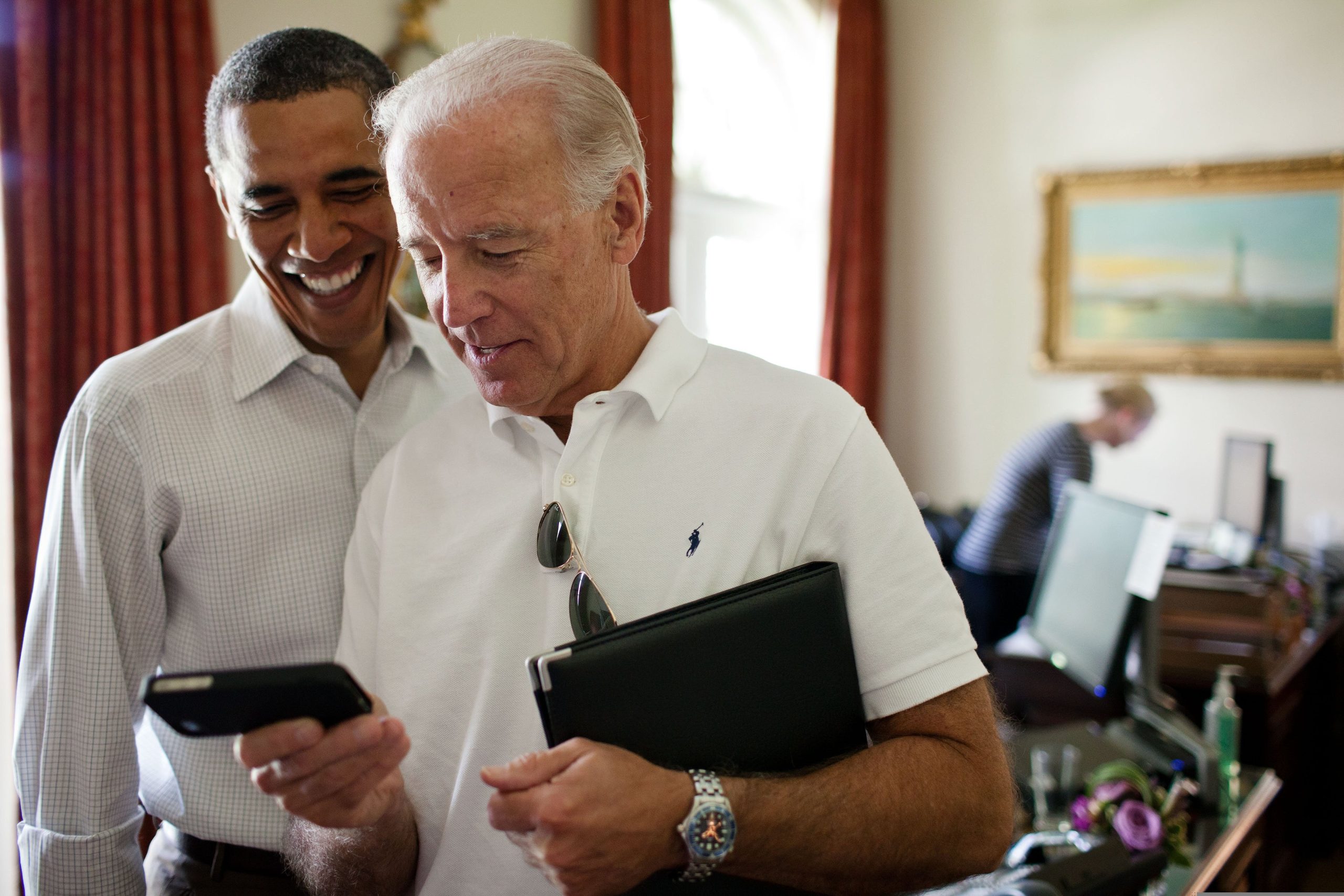Why Has Joe Biden’s $42 Billion Broadband Program Not Connected One Single Household?


One of President Joe Biden’s pledges upon entering office in 2021 was to expand Americans’ access to high-speed broadband internet. But despite apportioning tens of billions of dollars to the task, not one person has been connected to the internet as a result of the initiative.
Contained within the 2021 infrastructure bill, the Broadband Equity Access and Deployment (BEAD) program authorized more than $42 billion in grants, to “connect everyone in America to reliable, affordable high-speed internet by the end of the decade.”
“In 2021, the Biden Administration got $42.45 billion from Congress to deploy high-speed Internet to millions of Americans,” Brendan Carr, the senior Republican commissioner of the Federal Communications Commission (FCC), wrote in a post on X (formerly Twitter) this month. “Years later, it has not connected even 1 person with those funds. In fact, it now says that no construction projects will even start until 2025 at earliest.”
BEAD is administered by the National Telecommunications and Information Administration (NTIA), an agency of the Department of Commerce. NTIA Administrator Alan Davidson told lawmakers in May, “with BEAD, this is really a 2025, 2026, shovels in the ground project.”
Carr blames the delay on “the addition of a substantive wish list of progressive ideas” to the approval process. In an April 2023 letter to Davidson, 11 Republican U.S. senators warned that “NTIA’s bureaucratic red tape and far-left mandates undermine Congress’ intent and would discourage participation from broadband providers while increasing the overall cost of building out broadband networks.”
Among several examples, the senators noted that NTIA’s BEAD proposal “requires subgrantees to prioritize certain segments of the workforce, such as ‘individuals with past criminal records’ and ‘justice-impacted […] participants.'” The infrastructure law that authorized the program merely required contractors to be “in compliance with Federal labor and employment laws.”
The previous year, in a letter to Commerce Secretary Gina Raimondo, Republican senators warned that the NTIA’s proposed BEAD rollout “creates a complex, nine-step, ‘iterative’ structure and review process that is likely to mire State broadband offices in excessive bureaucracy and delay connecting unserved and underserved Americans as quickly as possible.”
In practice, this is exactly what’s happening: Multiple representatives from the telecommunications industry told MinnPost this week that they had no interest in applying for a piece of Minnesota’s $652 million in BEAD grants. Brent Christensen, president and CEO of Minnesota Telecom Alliance, which represents 70 Minnesota telecom companies, said, “None of them would bid for the federal grants because of the regulations that would come with itespecially the requirement to provide low-cost services to low-income households in exchange for grants that would allow internet providers to build out their networks.”
MinnPost noted that new state laws also “requir[e] companies who receive state grants to pay workers a ‘prevailing wage,’ a basic hourly rate paid on public works projects to a majority of workers in a particular occupation.” Since the federal government’s prevailing wage list does not include telecom workers, “companies in Minnesota would have to pay more because they would have to use a similar, but higher-paying, classification.”
“It’s becoming clear that it might be too risky to participate in the program,” Melissa Wolf, executive director of the Minnesota Cable Communications Association, told the outlet.
Fortunately, the private sector is expanding access to broadband on its own: This year, the FCC raised the standard for which it considers “broadband” to 100 Mbps download speeds and 20 Mbps upload speeds, up from its previous standard of 25Mbps download and three Mbps upload.
“Nearly 88 percent of households already live where at least two competitors offer 25/3 Mbps service, and 85 percent lived where at least one operator offers 100/20 Mbps service and a competitor offers 25/3 Mbps service,” Reason’s Ronald Bailey wrote last year, citing an industry group report. “On current trends, the [group] projects that 95 percent will have access to at least 100/20 Mbps service by 2025.”
According to the OpenVault Broadband Insights report for the first quarter of 2024, 90 percent of all current broadband subscribers have download speeds of at least 100 Mbps already, while “the percentage of subscribers provisioned for speeds below 200 Mbps has declined by 31% year over year, and is down 63% from where it was just three years ago.”
These advances came from the private sector, without the added expense of $42 billion in taxpayer money. Satellite internet provider Starlink, which is part of SpaceX, claims that its users “typically experience download speeds between 25 and 220 Mbps, with a majority of users experiencing speeds over 100 Mbps.” SpaceX CEO Elon Musk approvingly reposted an X user who claimed that “for $42 billion they could have bought Starlink dishes for 140 million people.”


